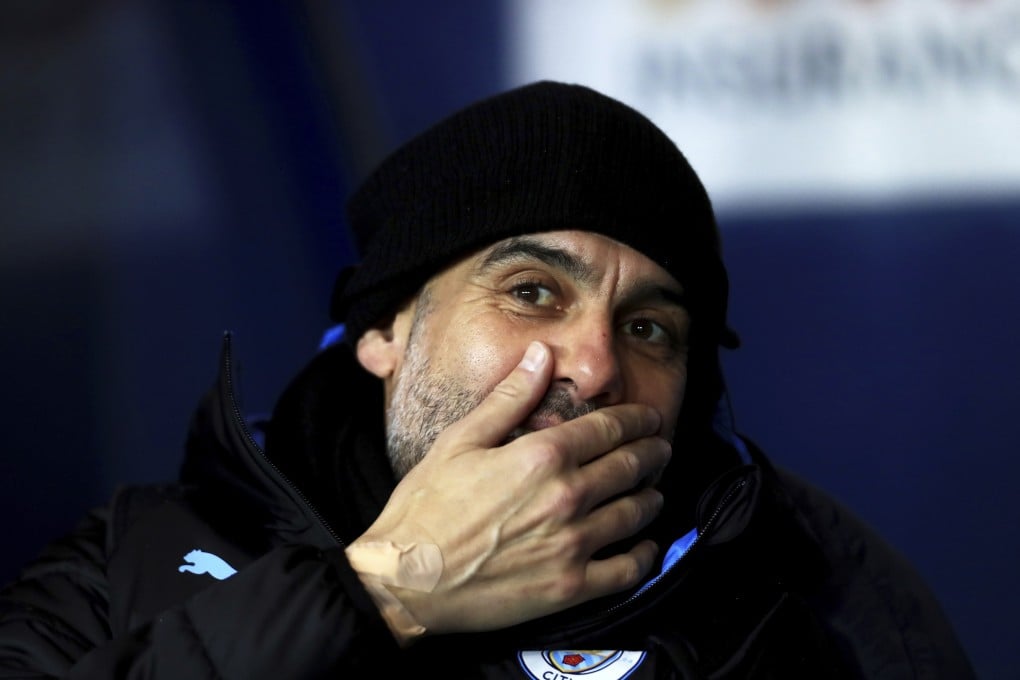Opinion | UFC, Manchester City and NFL money networks see East meets West meets private investment
- Saudi Arabia, Abu Dhabi and Tokyo 2020 hosts Japan linked through money networks
- Softbank, Endeavour and Silver Lake investment into sport is creating complex relationships spanning the globe

As the sun sets on another decade and a new one rises, the frantic pace of modern sport seems unrelenting, and nowhere more so than in Japan. Indeed, having just hosted the 2019 Rugby World Cup, Hinomoto-no-kuni heads into 2020 as the host of perhaps the world’s biggest sporting mega event, the Olympic and Paralympic Games.
Across in West Asia, fresh from its hosting of the world title boxing bout involving Andy Ruiz and Anthony Joshua, Saudi Arabia will presumably continue to vigorously pursue its policy of investing in sport.
One of Saudi Arabia’s Gulf neighbours, Abu Dhabi, finished 2019 by engaging in some of its own intriguing sports investments. Most notably, the City Football Group (CFG) – state owners of Manchester City – announced in consecutive days a new investment partner and an intention to establish a franchise club in India.
Manchester is an interesting place, and not just because of its football teams. The city is fast emerging as a digital hub, which is often linked to sport. For instance, US corporation Fanatics International (a global leader in the online sale of sports merchandise) has established a major presence in the city as it pursues significant international growth across Europe and Asia.

The digital sector already has a massive influence on the global sport industry’s growth and development. However, Fanatics’ presence in the eastern side of post-industrial Manchester is particularly striking, as it is located in an area that forms part of real estate developments that are being funded by the Abu Dhabi government.


